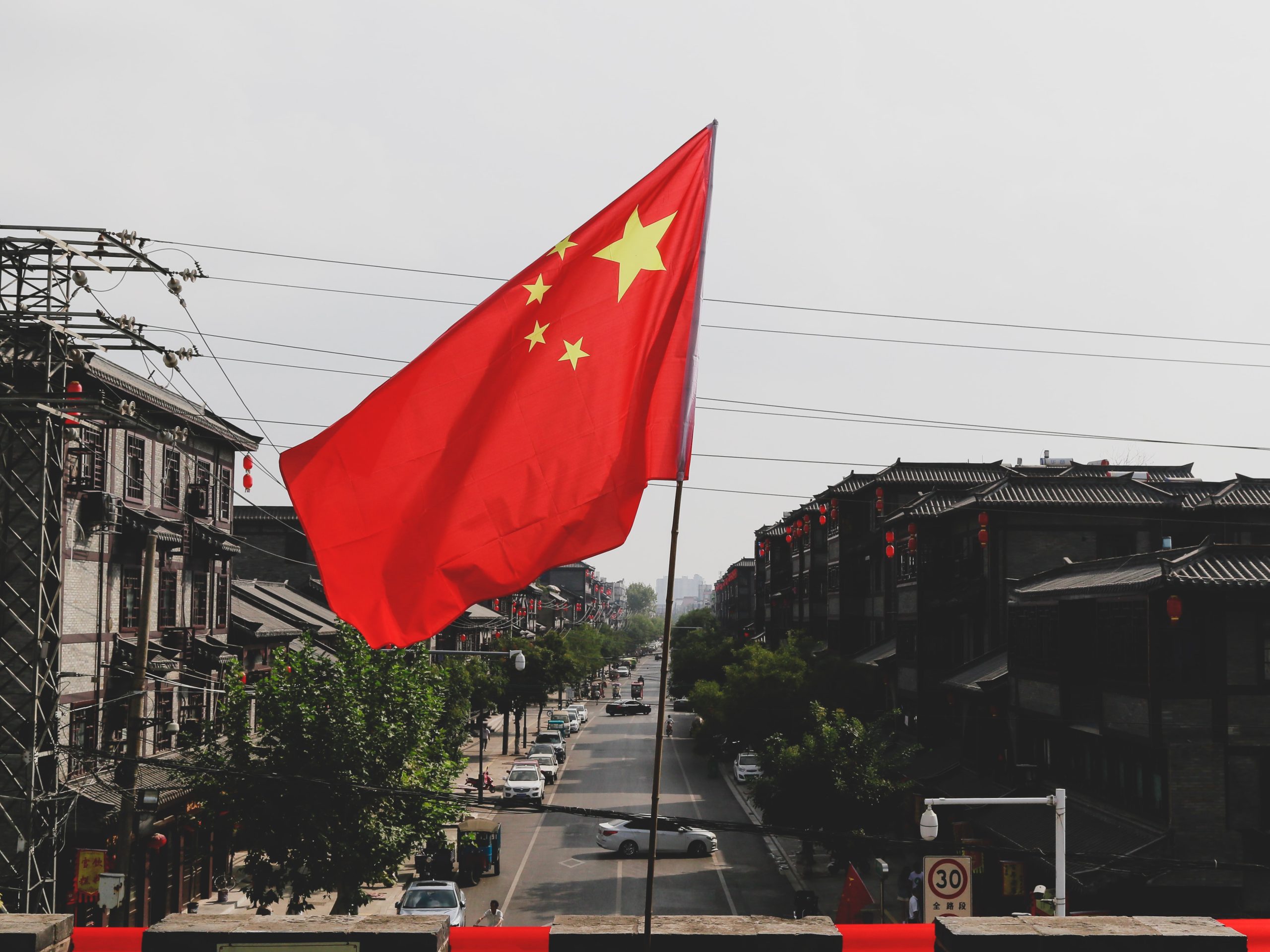The closer approach to a relations with China, a historic US rival, came as the US gradually forgoes the close-knit relation it enjoyed with some Gulf countries.
Beijing is reportedly attempting to strengthen its digital and security companies’ interaction with Qatar, Saudi Arabia and other countries, reports said as China faces sanctions on its technology out of concern on surveillance and other security issues.
Qatar’s Ministry of Interior’s (MoI) Internal Security System Department which relied on Swedish technology for its CCTV surveillance systems, is now offering its CCTV surveillance markets to China, according to reports.
The two well-known Chinese CCTV/video surveillance companies, Hikvision and Dahua, have been a part of the Qatari CCTV Surveillance system since 2016.
The security division of Qatar has been given Automatic Number Plate Recognition (ANPR) equipment by Hikvision, which enables MoI to locate any vehicle in Qatar using its CCTV surveillance system.
Recently, the Qatari ministry also attempted to solicit bids for CCTV systems with ‘face recognition technology,’ and according to the report, this process appears to be a formal sd China’s Hikvision has previously provided Qatar with this technology.
A subsidiary of China Electronics Technology Corporation (CETC), Hangzhou Hikvision Digital Technology Co., is submitting a bid for an intelligent traffic management system that will enhance the traffic architecture overall, and cost some 18 million Saudi Riyals.
The Chinese corporation also provides military and civilian applications with video surveillance equipment. Chinese President Xi Jinping’s recent visit to Riyadh made headlines after the signing of a number of important agreements, including one with the multinational electronics company Huawei.
The Huawei Technologies agreement has to do with establishing high-tech complexes in Saudi cities, data centres, and cloud computing.
The deal comes against a backdrop of a recent move by the US banning approvals of new telecommunications equipment from China’s Huawei Technologies and ZTE, citing national security risks. The deal went ahead despite Washington’s advice to Saudi Arabia and the Gulf States not to be tempted by the commercial “carrot” offered by Beijing, the report said.
34 investment agreements between Saudi and Chinese enterprises were signed during the first day of the Chinese president’s three-day visit to the kingdom in December, according to the official Saudi Press Agency – agreements reportedly worth around $30 billion.
When asked about Xi’s visit, John Kirby, a spokesperson for the White House National Security Council, told reporters at the time that Gulf countries remained key US allies.
“We are mindful of the influence that China is trying to grow around the world. The Middle East is certainly one of those regions where they want to deepen their level of influence,” said Kirby.
The GCC nations have been significant partners for China for the past 41 years, according to the Chinese Foreign Ministry in Beijing.
As part of an Eastward shift that entails diversifying their fossil fuel-reliant economies, the Gulf countries, who are vital allies of Washington, seem to be stepping up their relations with China.
The closer approach to a relations with China, a historic US rival, came as the US gradually forgoes the close-knit relation it enjoyed with some Gulf countries, such as Riyadh and Abu Dhabi.







